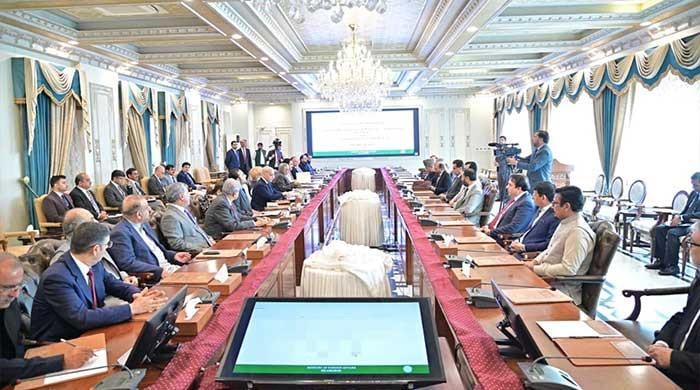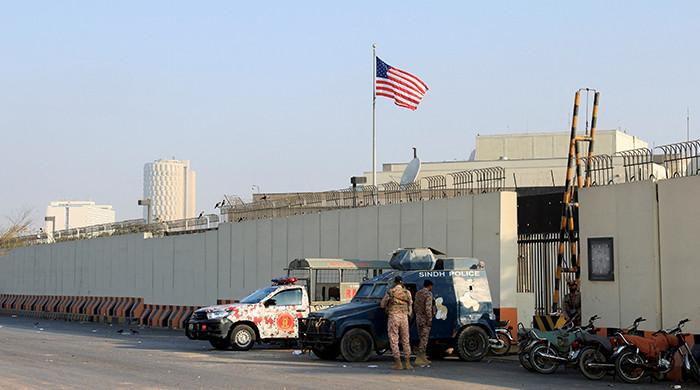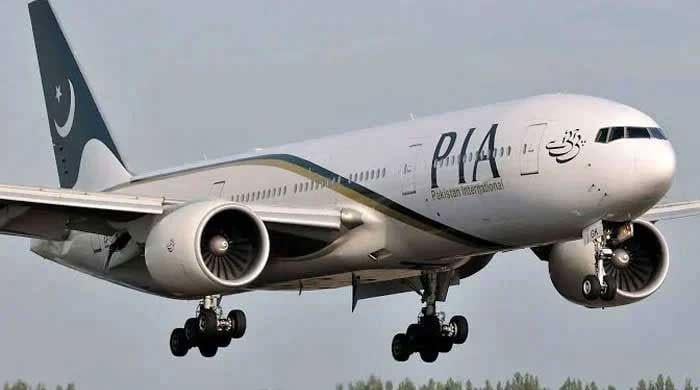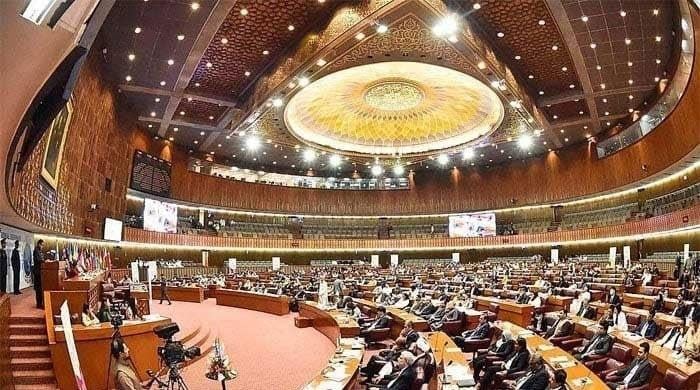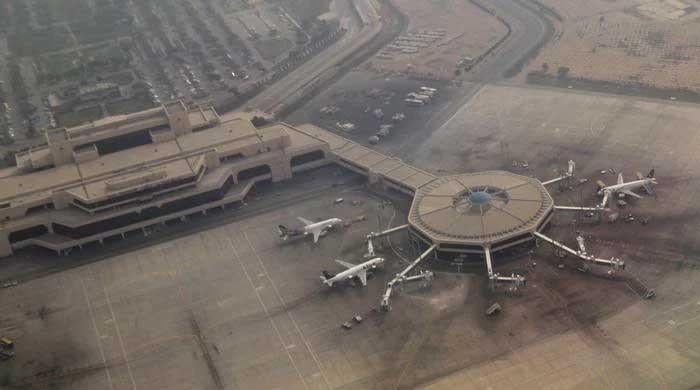Long-delayed Gwadar’s master plan is finally ready
Work on the Gwadar Master Plan began in August 2017
August 06, 2019
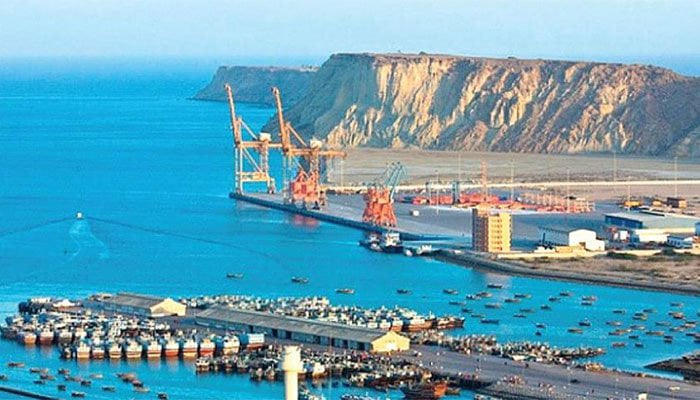
Pakistan’s port city, Gwadar, is a vital part of the multi-billion-dollar China-Pakistan Economic Corridor (CPEC), which aims to increase regional trade and development. Yet, for the last two years, its master plan could not be finalised.
The blueprint was worked on and re-worked several times, while bureaucrats came and went. No final decision, it seems, could be reached, until now. In a major development this week, Pakistan’s cabinet has decided to approve the Gwadar Smart Port City Master Plan before Eid holidays.
This is no small feat. The master plan, prepared by a team from China, provides a long-term layout for growth and development. According to officials privy the developments, the impetus was an upcoming visit by the parliamentary committee on CPEC and the prime minister’s recent visit to the United States. There, while addressing the Pakistani American community, the premier advised them to invest in Pakistan. For which he added, a one-window operation was being set up at the Prime Minister’s Secretariat to facilitate expatriates.
“It is now just a matter of days for the master plan to be approved,” says Nadir Baloch, the coordinator of the Gwadar Master Plan. Baloch, who has been working on the project since a few years now, admits that previously there were many hiccups which slowed down the pace of work. These included a lack of understanding between Pakistani and Chinese officials and the different bureaucratic styles in the two countries.
“In order to finalise the plan, we organized a workshop this year to get inputs from the business community, politicians, academics and the civil society,” Baloch adds, “We wanted to make the plan more people-centric and compatible to the high-tech future demands.”
The final draft has now been sent to the China Communications Construction Company (CCCC), a subsidiary of the First Harbour Engineering Company (FHEC). Once reviewed by the company, it will be returned on August 8 and then presented before the governing body of the Gwadar Development Authority. “The final plan will be presented to the cabinet before Eid holidays,” says Baloch.
Work on the Gwadar Master Plan began in August 2017, but the Chinese company, CCCC-FHEC, submitted a final report to the ministry of planning and development in June. Still, Hassan Daud Butt, the CPEC project director, insists that there were no delays. “The timeframe to ink the master plan was two years and it was completed within that time,” he tells Geo.tv.
But that is not entirely true. Other officials who have been associated with the project told Geo.tv, on the condition of anonymity, that some initial interruptions were experienced. The Chinese and Pakistani sides took some time to understand each other's local system, rules and regulations and working mechanisms. Then, there was the issue of land. Over 70 per cent of the land earmarked in the Gwadar Master Plan was owned by private individuals or companies.
Once approved, the master plan will lay out a way forward for the industrial development in the city and attract foreign investments. The plan also suggests ways to protect the environment.
Even when the plan is finalised, the port city’s development is a long-term process. “According to our master plan, it will take almost 20 to 25 years to develop just the port,” Naseer Khan Kashani, the chairman of the Gwadar Port Authority (GPA) told Geo.tv in April.
Habib is a journalist, who reports regularly for the Global Times, China Today and China Economic Net.






